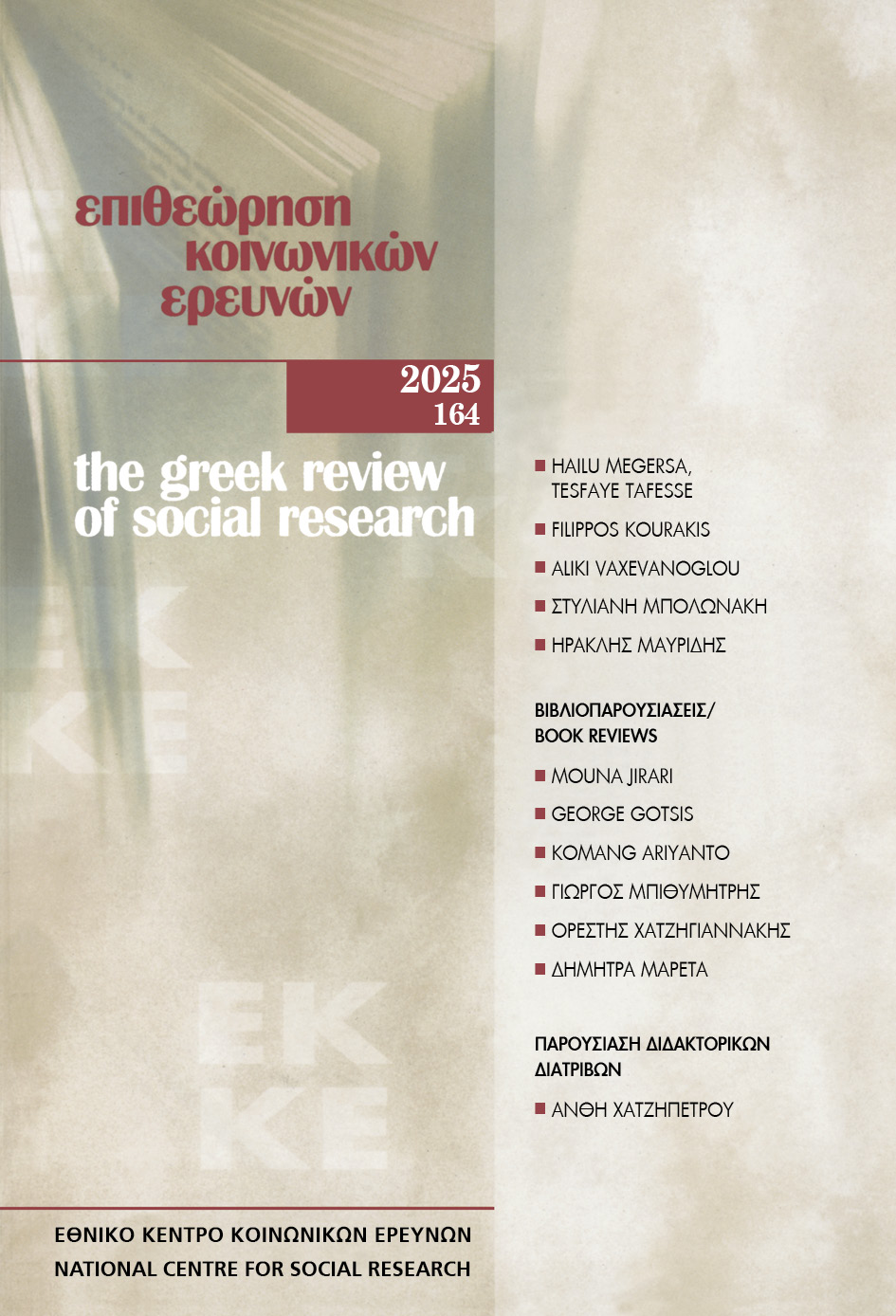Determinants of irregular migration of Ethiopians along the Southern Route: Insights from Kembata migrants to the Republic of South Africa

Abstract
This study focuses on understanding the determinants of irregular migration among Ethiopians, specifically examining the case of the Kembata migrant routes to the Republic of South Africa. Data were obtained from a cross-sectional household survey, in-depth interviews and focus group discussions. Descriptive statistics, chi-square tests, binary logit models and thematic analysis were used to analyse the data. Our findings indicate that being a young male, having a large family size and having social networks positively influence household decisions for international migration. Possession of farmland, being employed, and being married have a negative influence on households’ decisions for international migration. The results of this study are expected to contribute to the existing body of literature on Ethiopian migration and provide a better understanding of the complex factors driving irregular migration along the Southern Route.
Article Details
- How to Cite
-
Megersa, H., & Tafesse, T. (2025). Determinants of irregular migration of Ethiopians along the Southern Route: Insights from Kembata migrants to the Republic of South Africa. The Greek Review of Social Research, 164, 3–29. https://doi.org/10.12681/grsr.40195
- Issue
- 2025: 164
- Section
- Articles

This work is licensed under a Creative Commons Attribution-NonCommercial 4.0 International License.
Authors who publish with this journal agree to the following terms:
- Authors retain copyright and grant the journal right of first publication with the work simultaneously licensed under a Creative Commons Attribution Non-Commercial License that allows others to share the work with an acknowledgement of the work's authorship and initial publication in this journal.
- Authors are able to enter into separate, additional contractual arrangements for the non-exclusive distribution of the journal's published version of the work (e.g. post it to an institutional repository or publish it in a book), with an acknowledgement of its initial publication in this journal.
- Authors are permitted and encouraged to post their work online (preferably in institutional repositories or on their website) prior to and during the submission process, as it can lead to productive exchanges, as well as earlier and greater citation of published work (See The Effect of Open Access).


